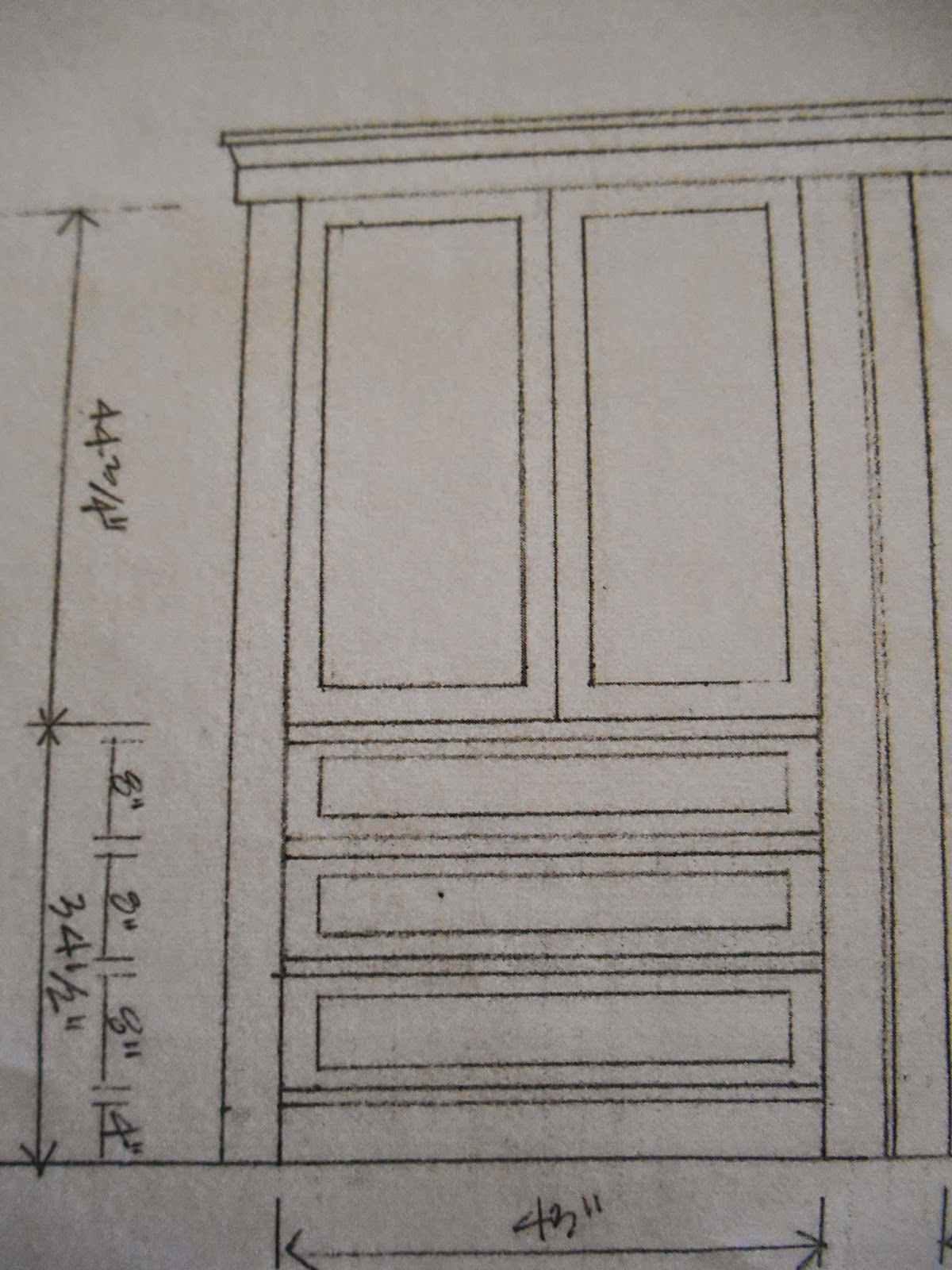It's been awhile since I posted because--why not? It's The Year of All Things Breaking Down--my computer's been on the blink. The right click was jammed, and the computer became like a disoriented street person, nothing making sense. Weird windows were popping up everywhere.
I got that sorted out by Steve, the computer fix-it guy, came home, began to work on a quilt, and my sewing machine broke. While I was trying to tease out a thread jammed in the bobbin, my glasses broke.
One more thing that needs fixing
Okay. Onward.
* * * * *
I read this article by the mother of a frat guy at Cal and banged my head several time on my desk. Her son wrote an anthropology paper that was supposed to be a "mini-ethnographic study of some aspect of college life." He chose fraternity parties.
Boomer girls, read it and weep! Theme parties that force girls to dress promiscuously. Selecting sororities to attend based on which were "the most rich, white, and attractive." Always having a ratio of 2-1, women to men. Etcetera.
I remember frat guys scouting for rush hostesses in my freshman dorm at UC Santa Barbara in 1968. My roommate made the cut; I did not. Has anything changed?
* * * * *
Better news: We met with Jerry's new cardiologist (two have retired on him), and despite the fact that the doctor was focussed solely on Jerry, never addressed me, and left me resorting to chipping nail polish off my fingernails, we both thought he was smart and encouraging. Jerry had bypass surgery in 1979, and has forged ahead with an active life ever since, to the amazement of his doctors (most grafts clog within ten years).
* * * * *
We humans fixate on the negative, say social scientists, according to a New York Times article I read last week. The piece was about mean comments on the internet and how much they hurt, but I extrapolate to things cropping up every day that wound us: slights, criticisms, cruel comments.
Apparently, "just as our attention naturally gravitates to loud noises and motion, our minds glom on to negative feedback," and "we respond more strongly to bad experiences and criticism" and remember then more vividly. We're programmed that way.
But there are things we can do to counter that.
"Harsh comments can be made to feel less potent by directly disputing to yourself what was said"--in other words, challenging the reality of them. Marshal evidence on the other side.
I find I can do that best by pretending I'm talking to a friend who's reporting criticism. Springing up and defending my friend is easier than being my own advocate, but knowing we're prone to fixate on the mean stuff makes it a little easier.
* * * * *
Better posture: I think I'm getting it. The physical therapist I see every six weeks has really helped, and the more often I do my home exercises the better.
Better posture: I think I'm getting it. The physical therapist I see every six weeks has really helped, and the more often I do my home exercises the better.
But one thing has cropped up: How many times well-meaning friend and family have told me to stand up straight, or even seized my shoulders and pulled them back. I always feel criticized, even humiliated, when this happens.
I think there are myriad emotional, as well as physical, reasons why someone slumps: dejection, sadness, feeling overwhelmed and inadequate, or maybe even feeling that everything of value about you is in your head, which is why it's way out in front.
This link between posture and emotion came to me last week when I read a poem in The New Yorker that ends:
Look closely and you will see
Almost everyone carrying bags
Of cement on their shoulders
That's why it takes courage
To get out of bed in the morning
And climb into the day.
--Edward Hirsch
The poet is referring to the terrible grief of losing a son, but I think there are all kinds things on our shoulders.
* * * * *
Finally--am I being uber Pollyannish in this post?--I had an incident I'm thinking of as "Revenge of the Jowls."
I went to San Francisco for a haircut a week ago, and I described to Joseph,who cuts my hair, the length that I wanted by saying, "jowl-length." He suggested, not for the first time, that I could have my jowls fixed repaired with the help of plastic surgery. It stung a bit.
"You go first," I retorted.
"I'm a man!" he said (a gay man and a liberal, which somehow meant I thought he would be more sensitive).
Then I got on BART during rush hour and had to stand for several stations, including through the transbay tube. I was tired, and I was clutching a pillow and some other things I'd bought at Macy's. As we pulled into MacArthur Station in Oakland, an older woman a few rows ahead caught my eye and pointed to her seat. She was getting off.
I pushed past all the young people--the majority on the train--and took this woman's seat. Whew.
There are advantages to looking older, and I've resolved to cast around looking for older people when I next vacate seat on BART. Never thought I'd say it, but "Senior Power!" We don't have to go to fraternity parties, we get seats on trains, we can accept the reasons for our poor posture and our tendency to beat ourselves up.
Have I gone over to woo-woo?





















































